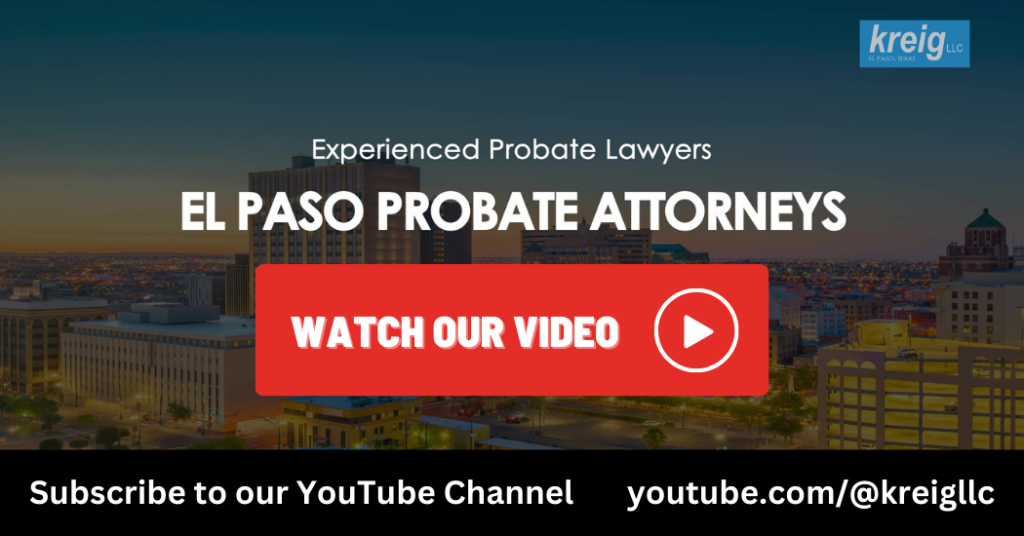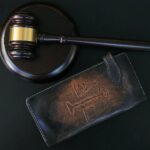Excluding Witness Testimony
A court may exclude a witness testimony from a suit for several reasons. This exclusion will be upheld so long as the court did not abuse its discretion in doing so. What constitutes an abuse of discretion? Morrow v. H.E.B., Inc. discusses this.
Probate Case
Morrow v. H.E.B., Inc., 714 S.W.2d 297 (1986)
Facts of the Case (Motion and Hearing):
This case was a rehearing to a negligence suit brought by Sarah Marie Marrow against H.E.B. Sarah Marie Morrow sued H.E.B. claiming that she slipped and fell due to H.E.B.’s negligence and that the store was negligent in its treatment toward her after she fell. The jury failed to find that H.E.B. was negligent in causing her fall but did find H.E.B. negligent in its later treatment of her.
Prior to trial, Morrow had asked H.E.B. for the names and addresses of employees who had first come to Morrow’s aid after she fell. H.E.B. answered, naming Mr. Ken Murphy and giving the address as simply “Missouri.” Three weeks prior to trial, H.E.B. discovered that Mr. Murphy was now living in San Antonio, Texas and contacted him by phone but did not supplement its answer to Morrow meaning Morrow was unaware of Murphy’s address. Due to H.E.B. ‘s failure to supplement, the trial court excluded the testimony of Mr. Murphy. The court of appeals reversed holding the trial court had abused its discretion in not allowing Murphy to testify. After reviewing the facts, the Texas Supreme Court found that the trial court did not abuse its discretion in excluding Mr. Murphy as a witness.
What This Case Means (Rule of exclusion):
The trial court correctly found that H.E.B. had a duty to supplement its answer and inform Morrow that Murphy was now located in San Antonio. Failure to supplement results in the loss of the opportunity to offer the witness’ testimony. The punishment for this is automatic. However, there is an exception when good cause can be shown as to why the testimony should be allowed. Determination of good cause is within the discretion of the trial court. That determination can only be set aside if that discretion was abused.
To determine if there is an abuse of discretion, the court must look to see if the trial court acted without reference to any guiding rules and principles. The court looks to the rules in a previous case called Yeldell v. Holiday Hills Retirement and Nursing Center, Inc. This case states that the party offering the evidence, here H.E.B., must be the one to show good cause to allow the testimony. The Supreme Court found that they did not do this.
When the motion to exclude the testimony of Murphy was made, H.E.B. offered to allow Morrow to take Murphy’s deposition prior to his testimony. In addition, H.E.B. argued that Morrow would not be surprised by the testimony of Murphy. The court of appeals in its opinion recites much of the evidence which shows there was no surprise meaning Murphy’s testimony is what both Morrow and the court would expect. Lack of surprise would show there was in fact no good cause to exclude the testimony of Murphy, however, this is the inverse of the standard. The testimony was automatically excluded when H.E.B. failed to supplement its answer, and since they did not show good cause why it should be included the trial court did not abuse its discretion.
Do you need to hire an Experienced Probate Attorney for a litigation matter?
If you are named as a executor or administrator in a will, or if you are an heir or beneficiary of an estate, and there is litigation involved in the probate case, then you will need to hire an experienced probate attorney. If someone challenges the validity of the will, or if there is a dispute over how the estate should be divided among the heirs, then you will need legal representation. An experienced probate attorney can help you navigate the complex legal process and protect your interests. Call us today for a FREE attorney consultation. (915) 292-4400

Related questions
How do you discredit witness testimony?
There are a few ways you can discredit witness testimony in a Texas probate case. One way is to show that the witness is not credible. This can be done by showing that the witness has something to gain or lose by testifying, or by showing that the witness has been untruthful in the past. Another way to discredit witness testimony is to show that the testimony is not relevant to the case. This can be done by showing that the testimony does not support any of the claims made in the probate case.
How do you disqualify a witness? Motion in limine
If you want to exclude a witness’s testimony in a Texas probate case, you must file a motion to disqualify the witness with the court. The motion must state the grounds on which you are seeking to disqualify the witness. The court will then hold a hearing on the motion, and will decide whether or not to disqualify the witness based on the evidence presented.
How do you exclude an expert testimony?
If you want to exclude an expert testimony in a Texas probate case, you must file a motion to strike the testimony with the court. The court will then hold a hearing on the motion, during which both sides will have a chance to argue their positions. After hearing both sides, the court will make a ruling on whether or not to strike the expert testimony.
Are witnesses allowed to watch the trial? Witness Sequester/Sequestration
In a Texas probate case, witnesses are not allowed to watch the trial. They may be called to testify during the trial, but they cannot stay in the courtroom during proceedings. This rule is in place to prevent witnesses from hearing other testimony and being influenced by it.





